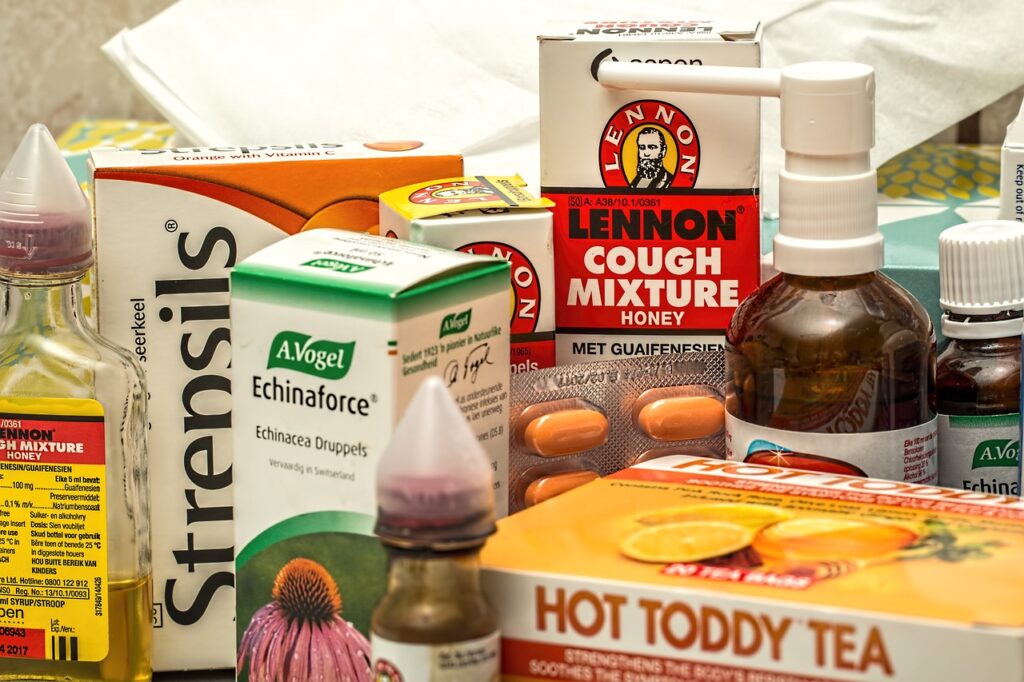Cough Syrup Linked To Nearly 100 Child Deaths
A medication manufacturing facility in Dehli, India has been shut down after regulators linked 66 child deaths to diethylene glycol and ethylene glycol (industrial chemicals) that had made their way into cough syrup being made at the facility.
This article is more than 2 years old
Authorities in India have shut down a medication factory near Delhi after the World Health Organization (WHO) linked its cough syrup to the deaths of 66 children in the West African nation of Gambia. WHO’s laboratory analysis showed that the tainted liquid medicine for children contained high levels of two chemicals meant for industrial use: diethylene glycol and ethylene glycol. When ingested, these chemicals lead to liver damage and acute kidney failure.
Although it seems logical that Indian authorities would have immediately ceased production at the Maiden Pharmaceuticals plant, it took them a full week to close its doors. Instead of trusting the WHO’s laboratory analysis of the cough syrup, the Indian government called it “inadequate” and formed a committee to look into the matter. The group included two scientists from the Indian Council of Medical Research (ICMR) and leaders from Indian drug regulation organizations.
India’s drug regulators uncovered 12 violations at the factory. Besides the inclusion of diethylene glycol and ethylene glycol, Maiden Pharmaceuticals was found to have violated multiple rules under India’s Drugs and Cosmetics Act. The production plant also failed to maintain complete records of its manufacturing and testing processes—something that may have prevented the children’s deaths.
Four liquid cough remedies were named in the investigation: Promethazine Oral Solution, Kofexmalin Baby Cough Syrup, Makoff Baby Cough Syrup and Magrip N Cold Syrup. Gambian healthcare workers and Red Cross workers are going door-to-door at homes and businesses to find and remove the tainted cough syrup and other medicines made at the factory. Gambia’s police force said that out of the 50,000 bottles imported from India, approximately 8,500 still remain unaccounted for.

Unfortunately, this isn’t the first time the WHO has linked Indian-made cough syrup to children’s deaths. Mass poisonings have occurred in India and other countries due to India’s longstanding carelessness in regulating its lucrative pharmaceutical industry. Some Gambian parents whose children died are considering taking legal action against the Gambian government for not properly monitoring medications imported from other countries.
Earlier today, the Indonesian government announced a ban on all cough syrup and other liquid medication. The ban covers prescription and over-the-counter medicine and was instituted after health authorities noted an unexplained sharp rise this year in children’s deaths from acute kidney injury (AKI). Nearly 100 children have died from AKI this year in Indonesia, most of them toddlers under five years old.
India’s pharmaceutical industry is one of the world’s largest by volume. The $50 billion industry exports cough syrup and other medications to over 200 countries and even supplies around 40% of the generic drugs available in the United States. While that may sound alarming in light of the contamination-related deaths, India is home to the highest number of FDA-compliant plants outside the U.S.
Because the U.S. Federal Drug Administration regulates its factories in India, U.S. parents can rest assured that none of the tainted cough syrup has landed in American drug stores or homes. International travelers should bring their own medicine from home instead of relying on the safety of drugs sold in other countries. Hopefully, the WHO’s investigation will lead to stronger pharmaceutical industry regulations in India and prevent more needless suffering.



